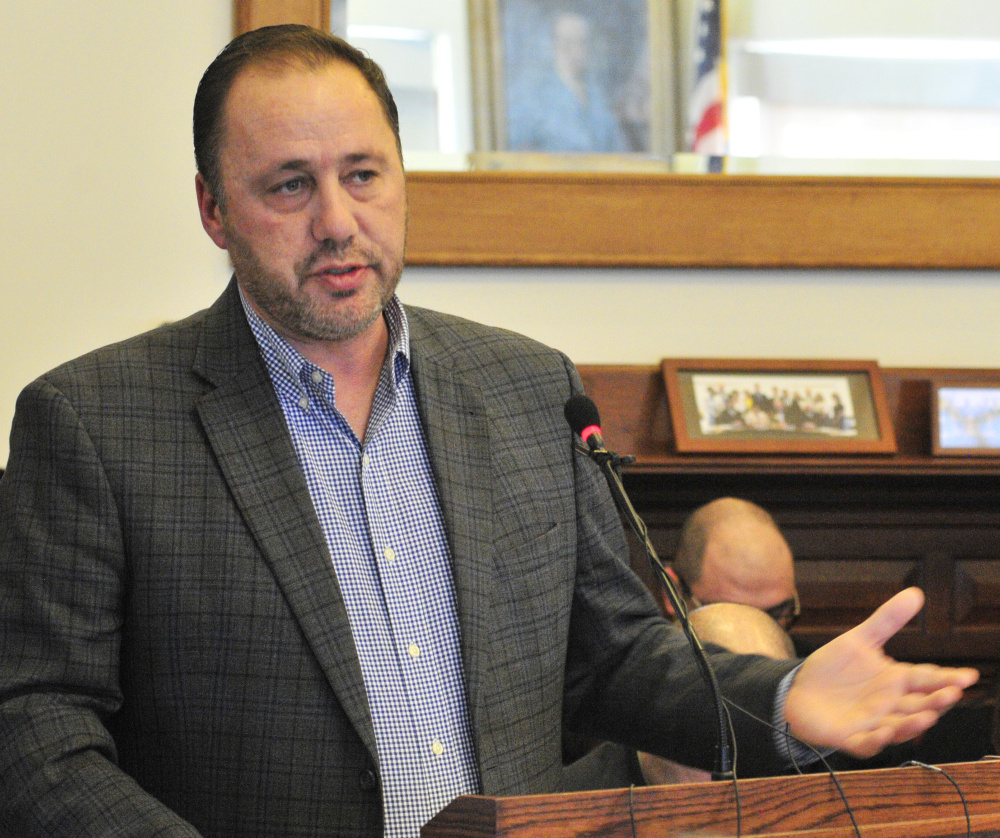Tribal nations say a push endorsed by federal authorities to require Medicaid recipients to work or volunteer is at odds with the federal government’s responsibility to provide health care to Native Americans.
Maine has not adequately consulted with tribes about proposed work requirements that tribal leaders and advocacy groups say could cause Native Americans facing high unemployment rates to drop Medicaid and shift costs onto the underfunded Indian health system, said Penobscot Nation Chief Kirk Francis.
“Work requirements, and other barriers to health-care access, are counter to the execution of this trust responsibility and will not have their intended impact in Indian Country,” said Francis, who also serves as president of United South and Eastern Tribes Sovereignty Protection Fund.
The federal Centers for Medicare and Medicaid Services acknowledged such concerns in a letter Wednesday to tribal leaders. But the agency said exemptions for American Indians and Alaskan Natives could raise civil rights issues. It plans to hold a conference call with all tribes on Monday.
Jessica Steinberg, director of Indian health policy and research for the advocacy group National Indian Health Board, said policy found in court decisions, treaties and other documents could have long-term unintended consequences “due to the lack of understanding of the tribes and their special relationship to the government.”
The Trump administration announced this month that it will let states implement certain requirements, such as finding work as a condition of receiving Medicaid benefits. States are required to consult with tribes before imposing work requirements. The administration also said states “may wish” to provide exemptions for those who participate in tribal work programs.
In response to criticism from tribal leaders, Utah and Arizona already have changed their work requirement plans to protect Native Americans from losing Medicaid coverage.
Maine and Wisconsin, which both have federally recognized tribes, are not exempting Native Americans from proposed work and volunteer requirements, said Devin Delrow, director of policy for the National Indian Health Board and a member of the Navajo Nation.
Aroostook Band of Micmacs Chief Edward Peter-Paul said many residents in his rural, northern Maine community live with health problems, such as diabetes.
“I couldn’t imagine getting everybody on Medicaid coming to our office, saying we need to volunteer,” Peter-Paul said.
Emily Spencer, spokeswoman for the state Department of Health and Human Services, said any claim that Maine didn’t consult with tribes about the reform proposal is unfounded. She said tribal representatives haven’t asked about the issue during monthly conference calls with the department.
Republican Gov. Paul LePage, who went to Washington to lobby the Trump administration on his state’s proposed Medicaid reforms, has praised the Trump administration’s decision and said Maine’s plan is flexible and includes numerous exceptions.
“It takes away isolation,” LePage said on the Fox News Channel show “Your World with Neil Cavuto.”
“It creates new relationships. It improves the quality of life. It helps the labor force. And, most of all, it transitions them to a path to go towards commercial insurance and other forms of employer-sponsored insurance,” the governor said.
Send questions/comments to the editors.


